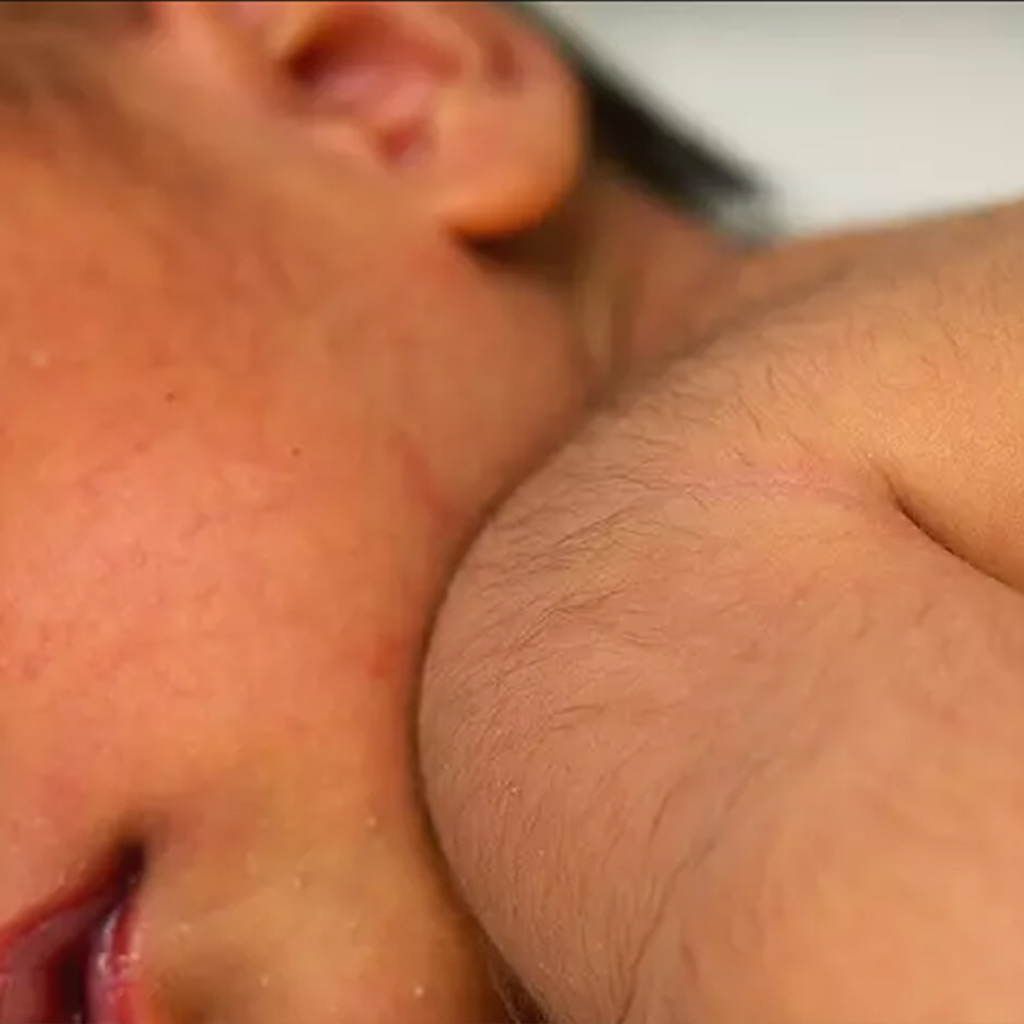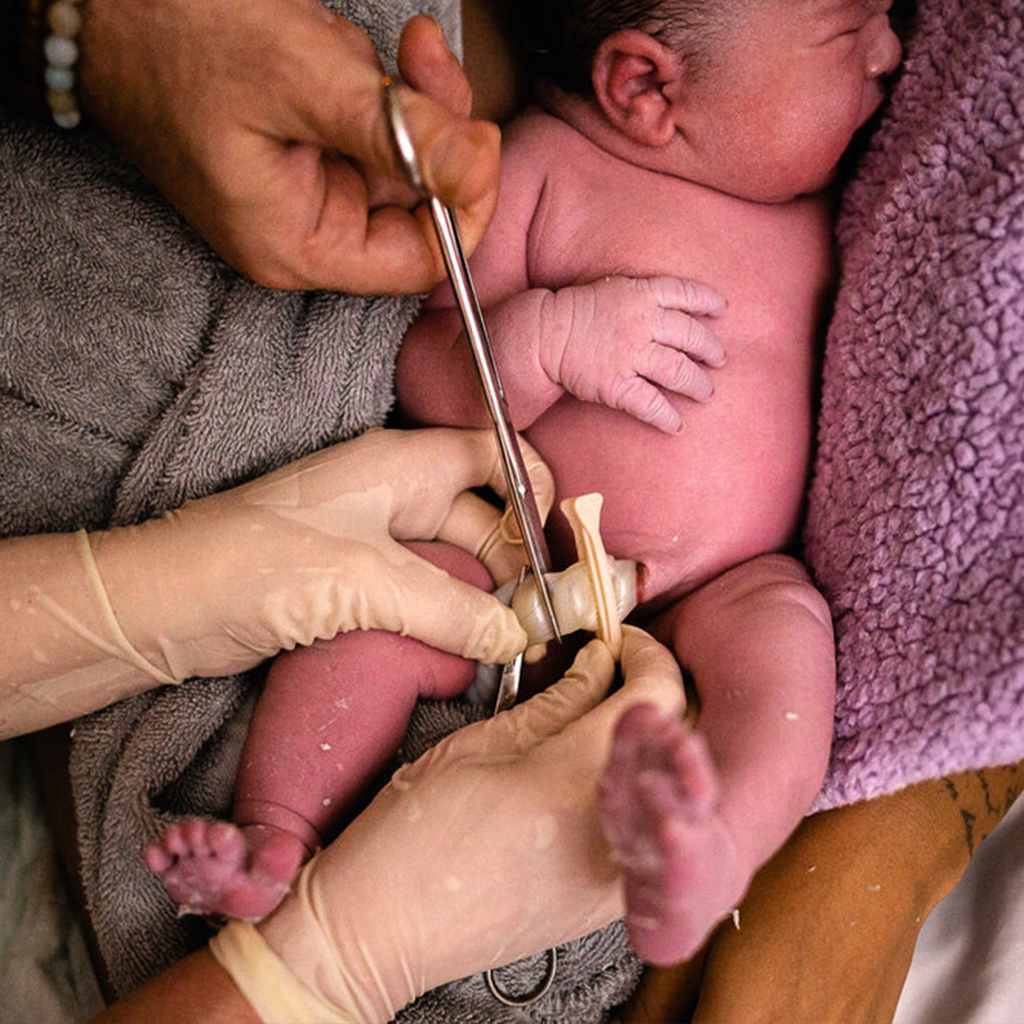Newborns possess a charm that is both captivating and endearing. While their appearance may not align with the picture-perfect babies often portrayed in media, there is a unique beauty in their first moments of life. In fact, the first hour after birth brings about five remarkable features that may surprise and delight you.
- The Coating of Vermix Caseosa: Upon birth, a newborn’s body is covered in a thick, cheesy white substance known as vernix caseosa. This protective layer develops on the fetal skin during the third trimester, safeguarding it from amniotic fluid. It contributes to the baby’s soft skin post-birth and shields them from infections while in the womb.

- The Start of Gastrointestinal Activity: It is only after birth that a baby’s gastrointestinal system begins functioning properly. Consequently, you can expect your newborn to have their first bowel movement shortly after delivery. This initial stool, known as meconium, may appear black or have a greenish tarry shade, which might surprise you.

- Fine Body Hair, or Lanugo: Following delivery, you’ll notice that your baby may have fine hair covering their body, distinct from the hair on their head. This phenomenon, known as lanugo, is a common occurrence around the fifth month of pregnancy. While it often disappears by the seventh or eighth month, traces may still be present at birth, eventually vanishing on their own after a few days or weeks.

- Burning Infant Brown Fat for Thermoregulation: Newborns possess brown fat that they burn to prevent hypothermia. While your womb provides a warm environment, external temperatures are significantly cooler for a newborn. Nature ensures that newborns are equipped to handle this transition, with their bodies efficiently utilizing brown fat to generate heat and regulate their temperature until it stabilizes.

- Continued Nourishment Through the Umbilical Cord: Even after the umbilical cord is clamped and severed, some residual blood, rich in oxygen and nutrients, continues to be transferred from the cord to the newborn. This nourishment sustains the baby until their lungs fully take over the oxygenation process.
These intriguing facts about newborns offer a fresh perspective on the wonders of early life. While some may be familiar, others might be entirely new discoveries. Embracing this newfound knowledge will undoubtedly deepen your appreciation for the marvels that define a newborn’s first hour of existence.





